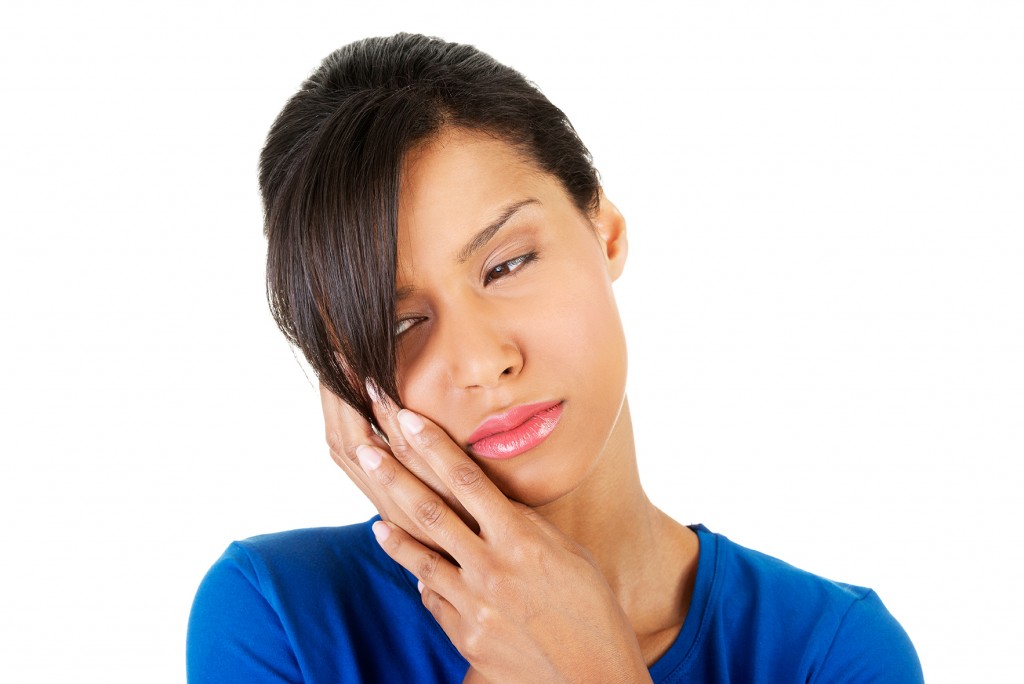Earache Caused By Sinuses

The debilitating pain of an earache can be a frustrating and exhausting experience, leaving individuals searching for relief and answers. While earaches are often associated with ear infections, a lesser-known yet significant cause of ear pain is related to the sinuses. The sinuses, a collection of air-filled cavities located within the skull, can play a crucial role in ear health, and when they become inflamed or infected, the consequences can be felt in the ears.
To understand how sinuses can cause earaches, it’s essential to examine the anatomy of the head and neck. The sinuses are situated in close proximity to the ears, with the Eustachian tube connecting the middle ear to the back of the throat. This tube plays a vital role in regulating air pressure within the ears and draining mucus from the middle ear. When the sinuses become congested or infected, the Eustachian tube can become blocked, leading to a buildup of fluid and pressure in the middle ear. This increased pressure can cause pain and discomfort, which is often referred to as an earache.
There are several ways in which sinus issues can lead to earaches. One common scenario is when the sinuses become infected, causing the Eustachian tube to become inflamed and blocked. This can result in a condition known as Eustachian tube dysfunction, where the tube is unable to properly regulate air pressure within the ears. As a consequence, the middle ear becomes filled with fluid, leading to pain, fullness, and hearing difficulties.
Another way in which sinuses can cause earaches is through the transmission of pressure and pain. The sinuses are located in close proximity to the ears, and when they become inflamed or infected, the increased pressure and pain can radiate to the ears. This is often referred to as referred pain, where the pain is perceived in a location other than the actual source of the pain.
Symptoms of a sinus-related earache can vary in severity and presentation. Common symptoms include:
- Ear pain or discomfort, which can be sharp, dull, or throbbing
- Fullness or pressure in the ears
- Hearing difficulties or muffled hearing
- Nasal congestion or sinus pressure
- Yellow or green nasal discharge
- Fever or fatigue
To diagnose a sinus-related earache, a healthcare professional will typically perform a physical examination and take a thorough medical history. They may also use diagnostic tests such as:
- Otoscopy: a visual examination of the ears using a specialized scope
- Tympanometry: a test to evaluate the function of the middle ear
- Nasal endoscopy: a visual examination of the nasal passages and sinuses
- Imaging tests such as CT or MRI scans: to visualize the sinuses and surrounding structures
Treatment for a sinus-related earache typically focuses on addressing the underlying sinus issue. This may involve:
- Antibiotics: to treat bacterial sinus infections
- Decongestants: to reduce nasal congestion and sinus pressure
- Pain relievers: to manage ear pain and discomfort
- Nasal corticosteroids: to reduce inflammation and swelling in the sinuses
- Sinus irrigation: to flush out mucus and debris from the sinuses
In addition to medical treatment, there are several self-care measures that can help alleviate sinus-related earaches. These include:
- Using a humidifier: to add moisture to the air and reduce sinus congestion
- Drinking plenty of fluids: to thin out mucus and promote drainage
- Applying warm compresses: to loosen mucus and reduce pain
- Elevating the head: to reduce congestion and promote drainage
- Avoiding allergens and irritants: to reduce inflammation and prevent sinus congestion
In conclusion, the connection between sinuses and earaches is complex and multifaceted. By understanding the anatomy of the head and neck, the ways in which sinuses can cause earaches, and the symptoms and treatment options available, individuals can better navigate the challenges of sinus-related ear pain and find relief from this debilitating condition.
What are the most common symptoms of a sinus-related earache?
+Common symptoms of a sinus-related earache include ear pain or discomfort, fullness or pressure in the ears, hearing difficulties, nasal congestion, and yellow or green nasal discharge.
How can I diagnose a sinus-related earache?
+A healthcare professional can diagnose a sinus-related earache through a physical examination, medical history, and diagnostic tests such as otoscopy, tympanometry, and imaging tests.
What are the most effective treatments for a sinus-related earache?
+Treatment for a sinus-related earache typically focuses on addressing the underlying sinus issue, and may involve antibiotics, decongestants, pain relievers, nasal corticosteroids, and sinus irrigation.
By acknowledging the intricate relationship between the sinuses and ears, individuals can take proactive steps to prevent and manage sinus-related earaches, promoting overall ear health and well-being. Whether through medical treatment, self-care measures, or a combination of both, relief from sinus-related ear pain is within reach.
